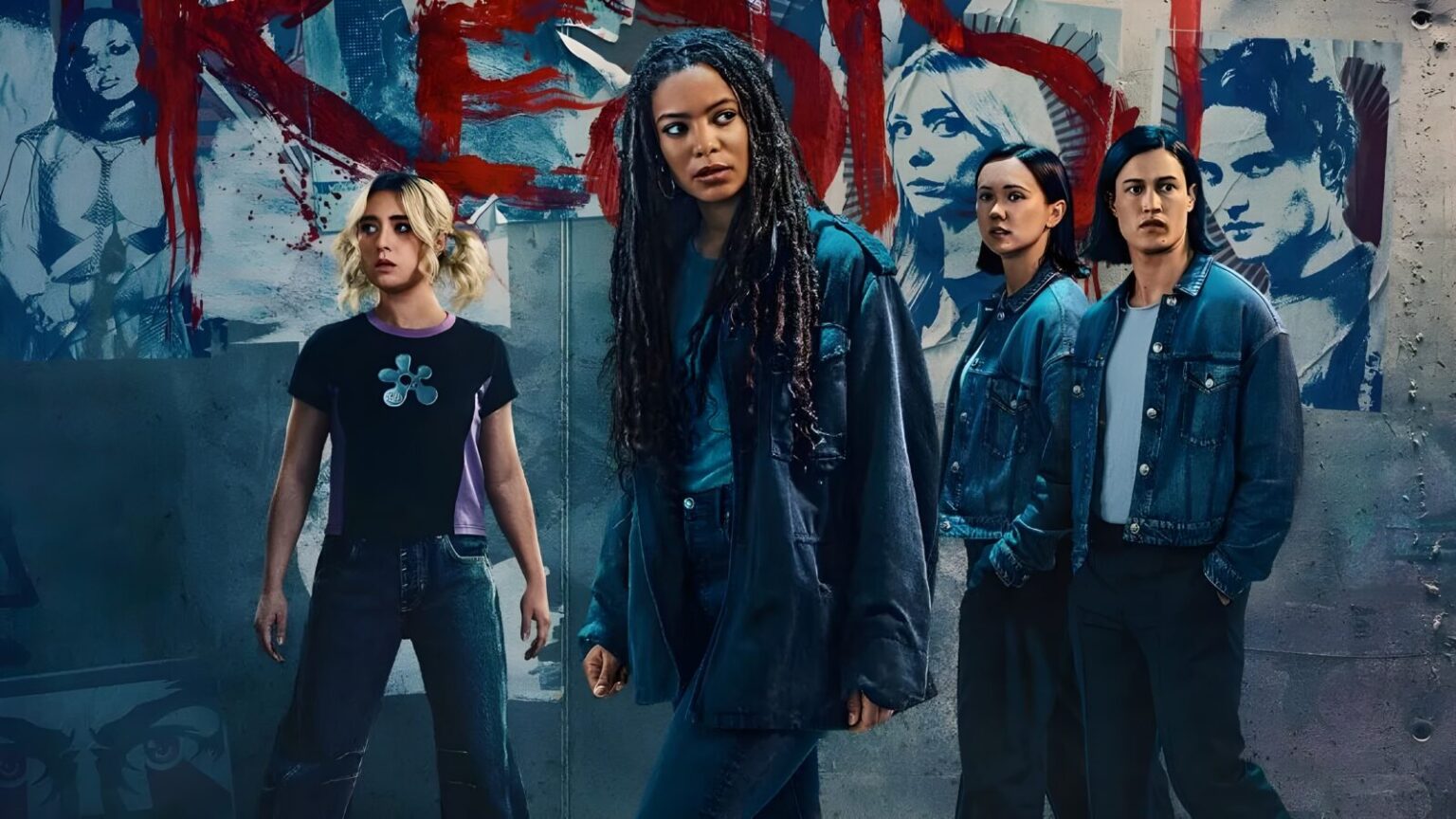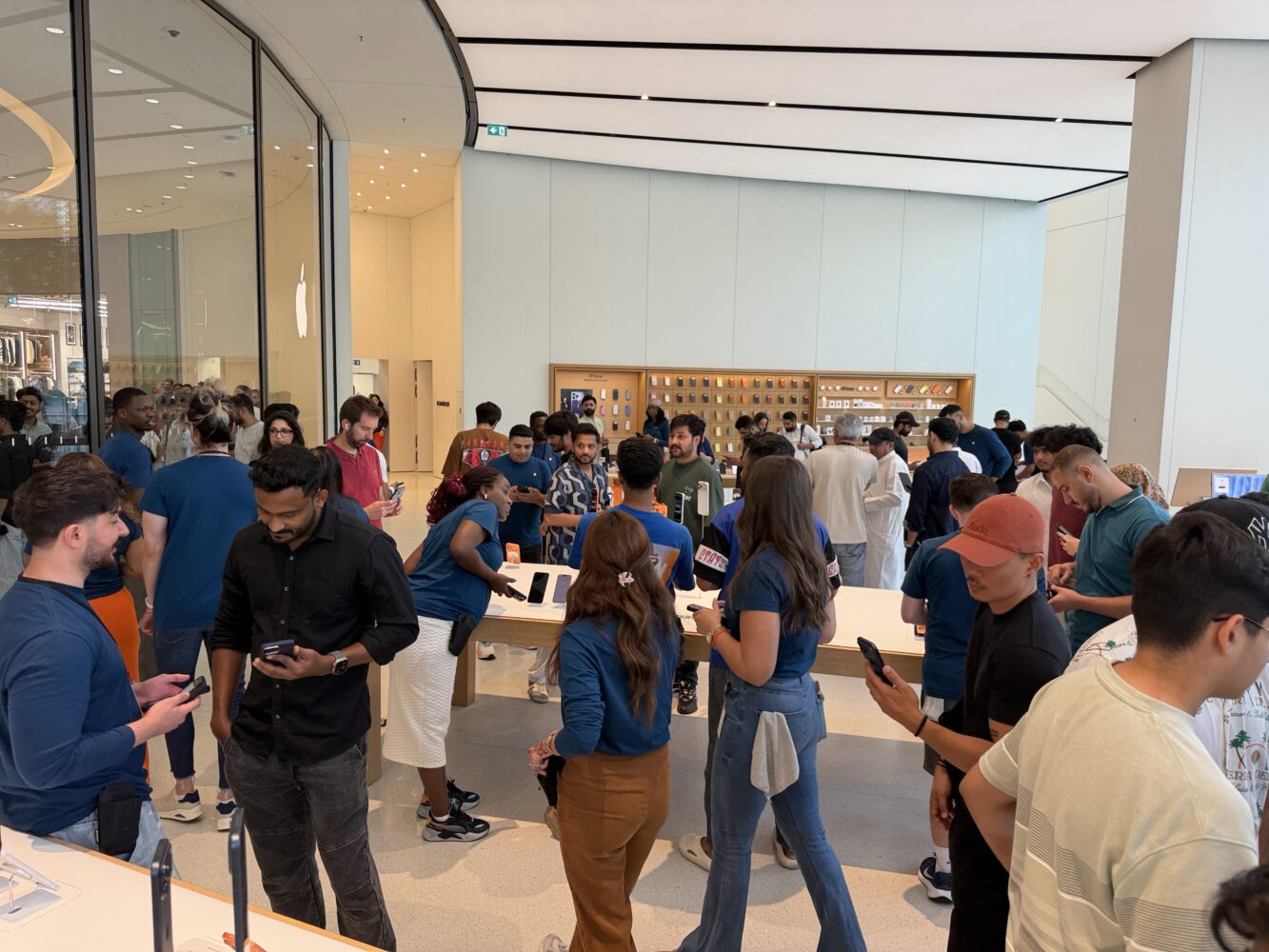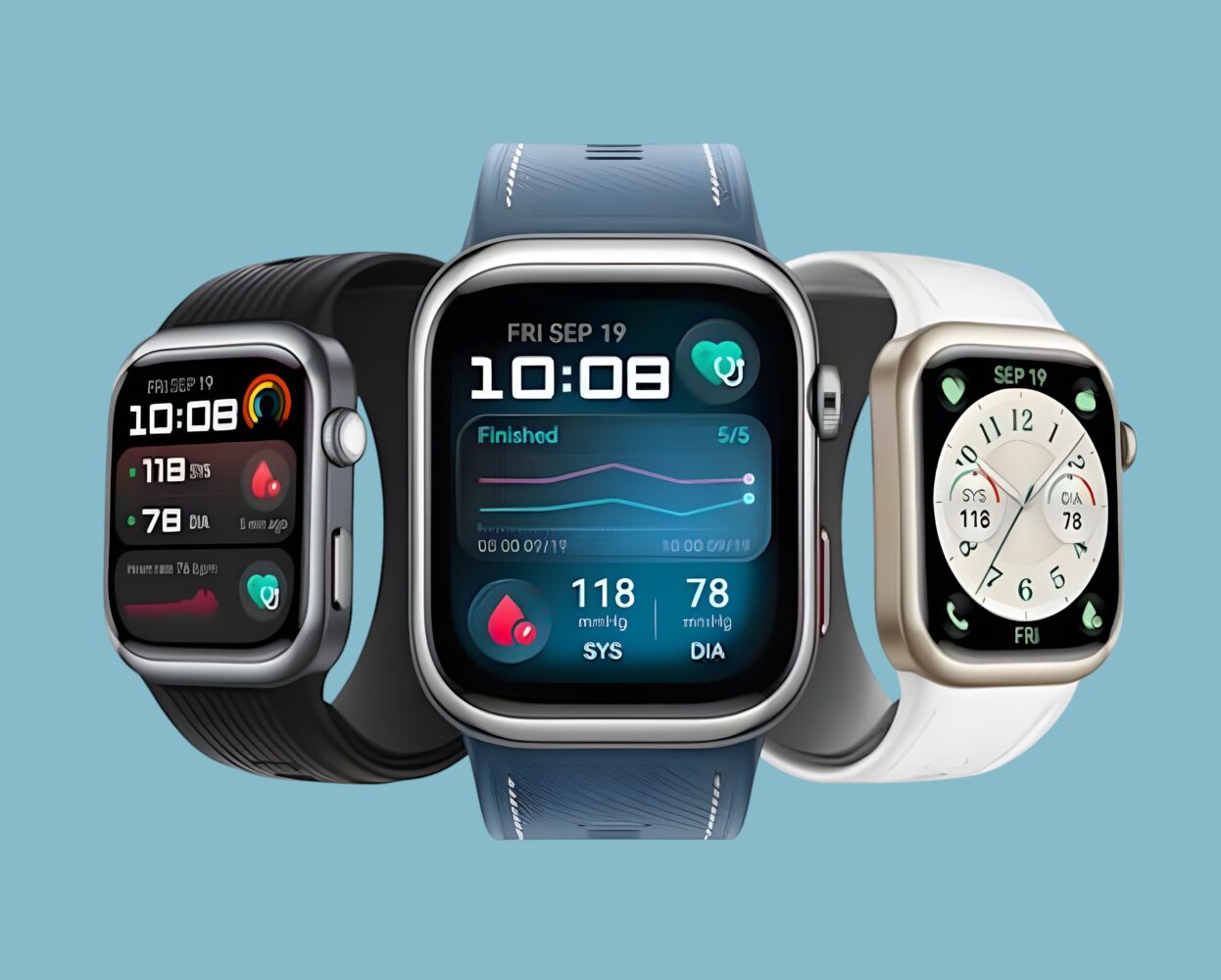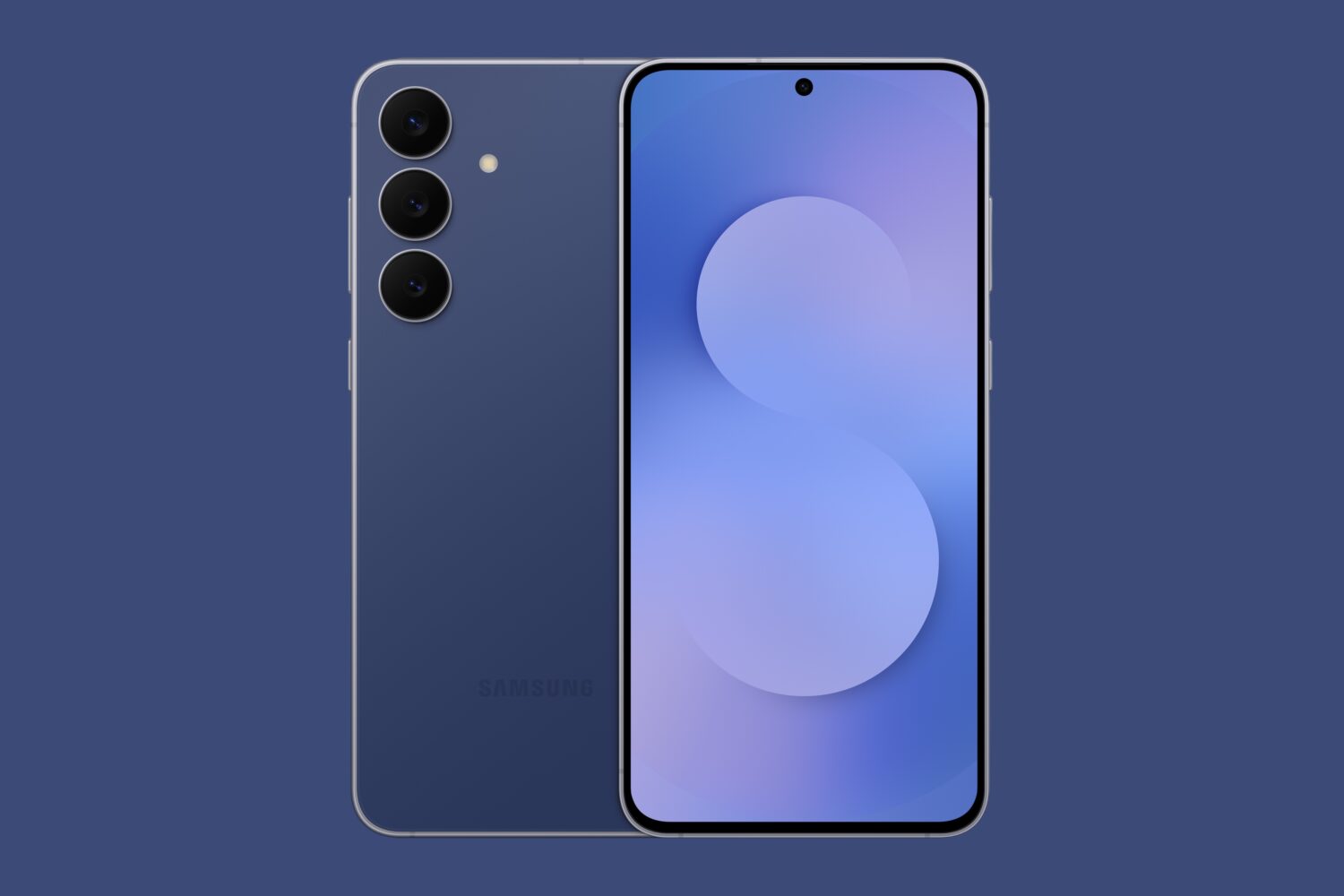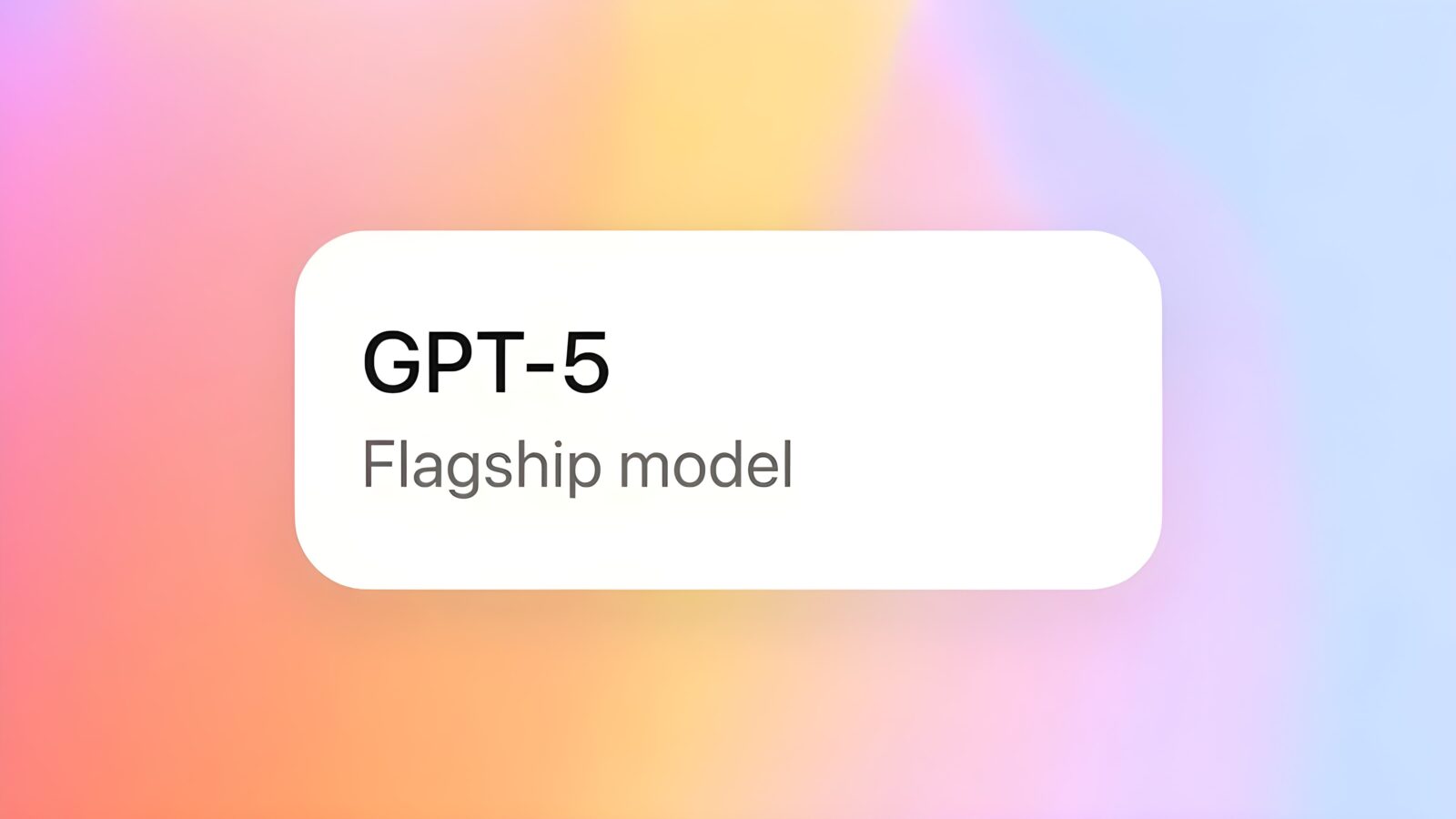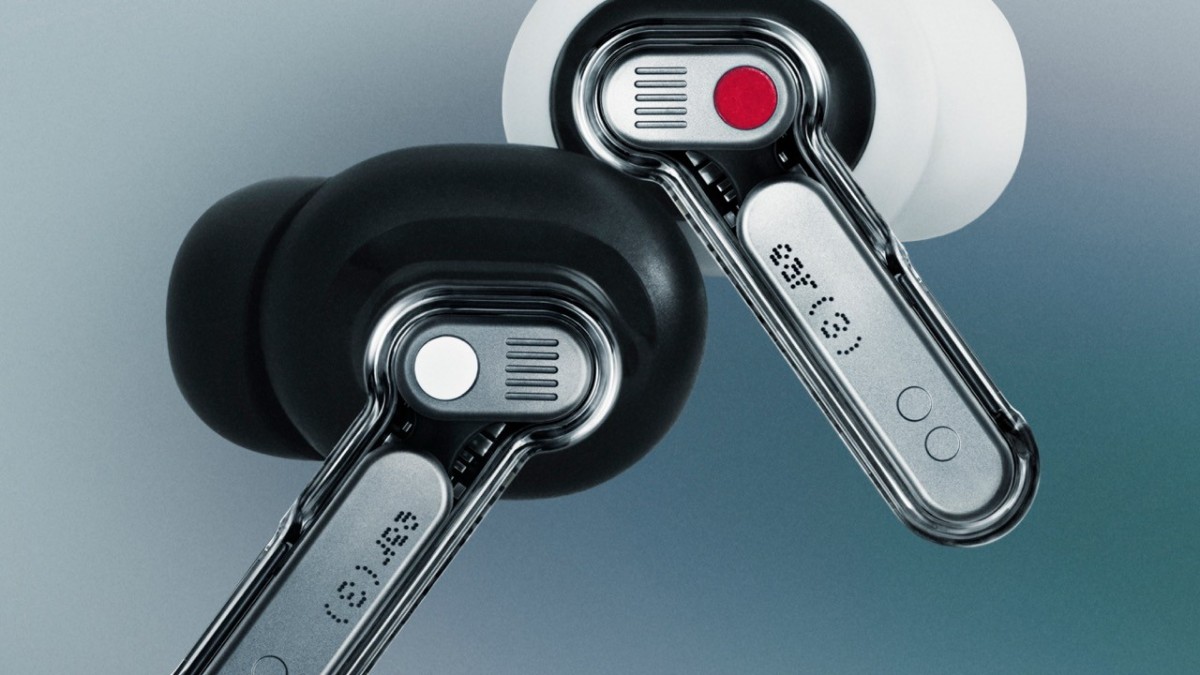TL;DR: Gen V Season 2 is required viewing before The Boys Season 5, delivering strong character arcs and sharp political allegory, even if the endless gore is starting to feel stale.
Gen V season 2
I didn’t expect to fall in love with Gen V Season 1. I’ll be honest: when Prime Video announced a spin-off of The Boys, my knee-jerk reaction was the same as when Marvel rolls out yet another Disney+ series starring some side character I barely remember. Do we really need more of this? Isn’t the main show enough? But then Gen V landed, and instead of a cynical cash-in, it turned out to be a sharp, surprisingly heartfelt exploration of what it means to come of age in a world where power is literally weaponized from birth.
Fast forward to Season 2, and the stakes feel different. Not just for the characters, but for the franchise itself. The Boys is barreling toward its fifth and final season, and Gen V has become more than a curious side quest—it’s now the connective tissue holding this universe together. That’s both exhilarating and terrifying, because spin-offs usually have expiration dates shorter than milk left out in a college dorm mini-fridge. And yet here we are, talking about how Gen V Season 2 doesn’t just work, but works well enough to feel essential before The Boys Season 5 drops.
But before we crown it the second coming of superhero satire, let’s talk about the cracks in its shiny Vought-funded facade. Because while this season is ambitious, daring, and emotionally resonant, it also can’t resist indulging in the same excesses that sometimes make The Boys feel like it’s stuck in a loop of its own making. Sex, gore, and shock value? Check, check, and check. Necessary? That’s a harder sell this time around.
So buckle in. This is going to be a long one—a guided tour through the guts (sometimes literally) of Gen V Season 2, filtered through my own messy viewing experience, pop culture brain worms, and the occasional late-night existential spiral about why we’re so obsessed with watching superheroes explode people like human water balloons.
The Setup: College, but Make It Fascist
Season 2 picks up about a year after that Season 1 finale cliffhanger that left Marie, Emma, and Jordan framed for Cate’s massacre at Godolkin University. The kids are basically scapegoats, chewed up and spat out by Vought’s PR machine, which has become such a recurring motif in this franchise that it should honestly get its own IMDb credit.
Now they’re back at Godolkin, but freedom here is just a prettier prison with shinier hall passes. Their new dean, Cipher (Hamish Linklater), oozes menace in a way that instantly sets off your genre-TV spidey senses. He’s like if Professor X got tired of running a school for mutants and instead decided to gaslight teenagers into doing his dirty work.
The world outside the university is worse. Homelander’s grip on America is absolute, fascism is no longer creeping but sprinting, and every character in Gen V is caught between being pawns in that regime or fighting back against it in a system rigged to destroy them. Sound familiar? Yeah, the parallels are not subtle, but subtlety has never been this franchise’s strong suit.
And maybe that’s okay. Because what Gen V nails, once again, is the feeling of being young in a world that’s already on fire. The backdrop may be supers and Vought and reality-bending blood magic, but the emotional beats are universal: who am I? Who can I trust? How much of myself am I willing to sacrifice just to survive?
Growing Pains in a Universe of Gods and Monsters
I’ll say it upfront: the cast is still the best part of Gen V. Jaz Sinclair’s Marie Moreau continues to be one of the most complex protagonists this franchise has ever birthed. Her power—manipulating blood—remains one of the most viscerally uncomfortable abilities I’ve ever seen on screen, but Sinclair sells the emotional weight behind every cut and every choice.
Lizze Broadway’s Emma Meyer? Absolute star. There’s something miraculous about how she juggles comedy, tragedy, and commentary without ever tipping into caricature. She’s the heart of the show, full stop.
And then there’s Jordan Li, played by London Thor and Derek Luh in a way that feels like an acting masterclass disguised as genre television. Jordan’s dual performance is not just a gimmick—it’s thematically rich, deeply human, and honestly something Marvel and DC wish they had the guts to attempt.
But the shadow hanging over Season 2 is Chance Perdomo’s tragic passing. Andre Anderson was a cornerstone of Season 1, and his absence could’ve derailed the narrative. Instead, the writers make the bold choice to keep him present in the story through his father, Polarity. The result is surprisingly moving. It feels less like erasure and more like an elegy, a way of honoring both the character and the actor who brought him to life.
It’s rare for a superhero show to handle death with anything other than shock value, but here, it’s handled with grace. I’ll admit, I got a little misty-eyed more than once.
Villains, Villains Everywhere
Superhero stories live and die by their villains, and Gen V Season 2 knows this. Cipher is the standout, a deliciously manipulative presence who feels both dangerous and entertaining. Hamish Linklater chews the scenery like it’s an all-you-can-eat buffet, and I love every second of it.
But not all villains get the same treatment. Cate and Sam, who were devastatingly compelling in Season 1, are weirdly sidelined here. Their arcs feel undercooked, like the writers weren’t sure what to do with them after pushing them so far into darkness. It’s a missed opportunity, especially since their descent into violence last season was some of the most emotionally gutting stuff Gen V had to offer.
When Gore Stops Shocking
Okay, let’s talk about the elephant in the blood-soaked room: the shock value.
I get it. The Boys and its spin-offs have built their brand on going further than anyone else. Heads explode. People shrink and crawl into places people should not crawl into. Bodies turn inside out in ways biology textbooks definitely don’t cover. And for a while, it worked. It was shocking because it was commentary—superheroes as unchecked celebrities, power as corruption manifest.
But here’s the problem: when every season tries to outdo the last, the shocks start to lose their punch. By Season 2 of Gen V, I found myself less horrified and more… bored? Like, “oh cool, another geyser of blood, can we get back to the character drama now?” That’s not where you want to be as a franchise.
The gore and sex aren’t offensive—they’re just repetitive. And worse, they risk drowning out the genuinely sharp political commentary that makes this universe worth revisiting.
Why It Still Matters
Despite my gripes, Gen V Season 2 is still vital television. It’s not just a spin-off anymore; it’s a bridge. Watching it feels like prepping for The Boys Season 5, but it’s also more than homework. It’s a mirror held up to our current moment, dressed in spandex and blood splatter.
The themes of authoritarianism, media manipulation, and the exploitation of youth feel all too relevant. These characters aren’t just fighting villains—they’re navigating the collapse of the world they were promised. And isn’t that exactly what growing up feels like right now?
The Long Road Ahead
So where does that leave us? Gen V Season 2 is smart, emotional, occasionally frustrating, and still far too obsessed with its own ability to gross you out. But it’s also proof that this franchise has legs beyond Homelander’s smirk and Butcher’s profanity.
The show thrives when it focuses on its characters and falters when it leans too hard on spectacle. It’s a delicate balance, and not every episode nails it, but when it works, it really works.
And with The Boys preparing its final bow, Gen V might just be the key to keeping this world alive long after the credits roll.
Final Verdict
Gen V Season 2 is a messy but essential addition to The Boys universe. It juggles grief, growth, and gore with varying degrees of success, but the strength of its characters and the sharpness of its commentary keep it from collapsing under its own excess. Yes, the shock value is wearing thin, but the story underneath still packs enough power to matter.

